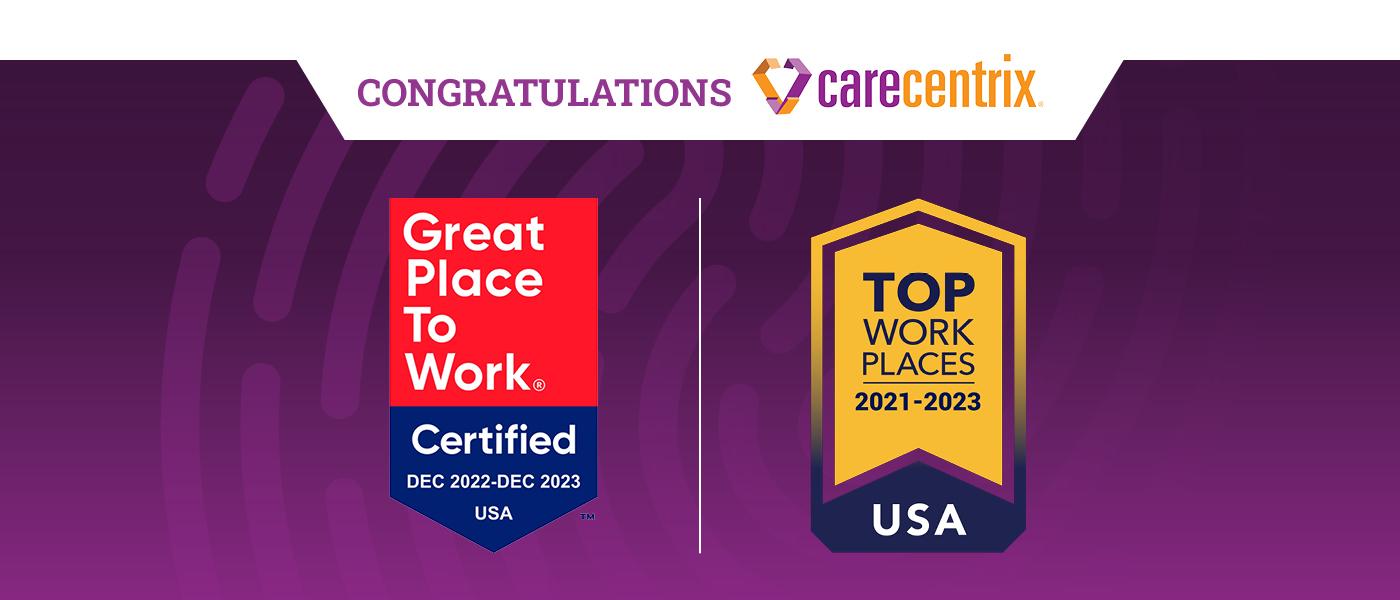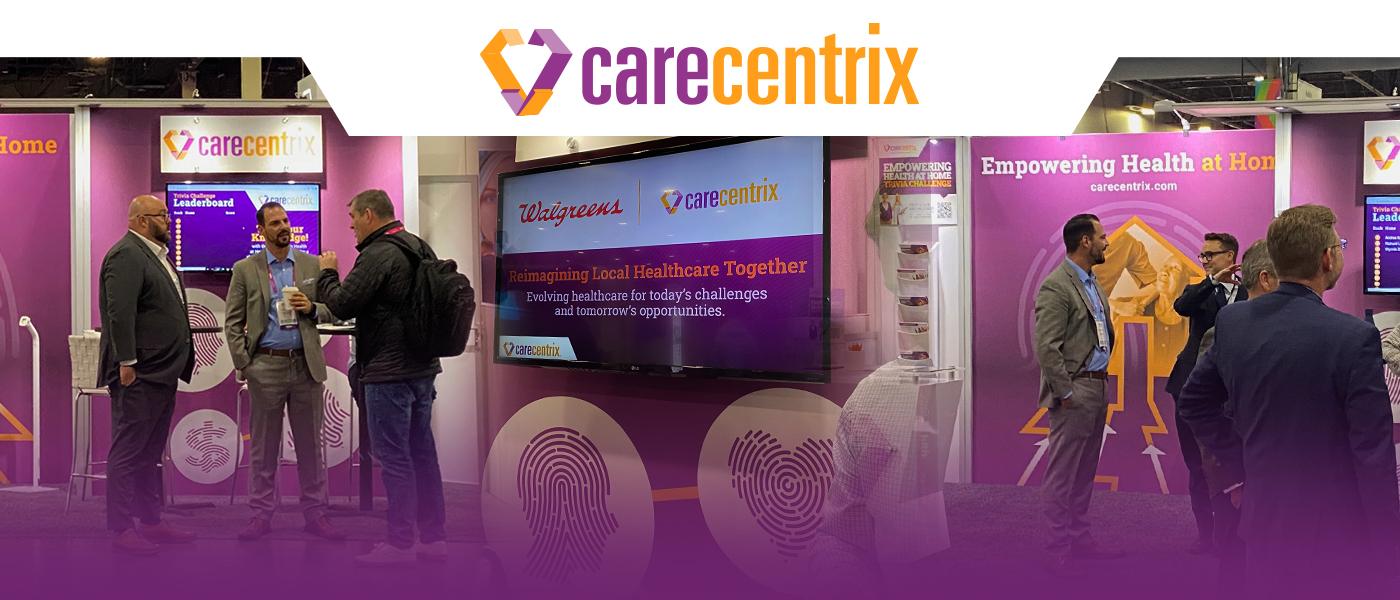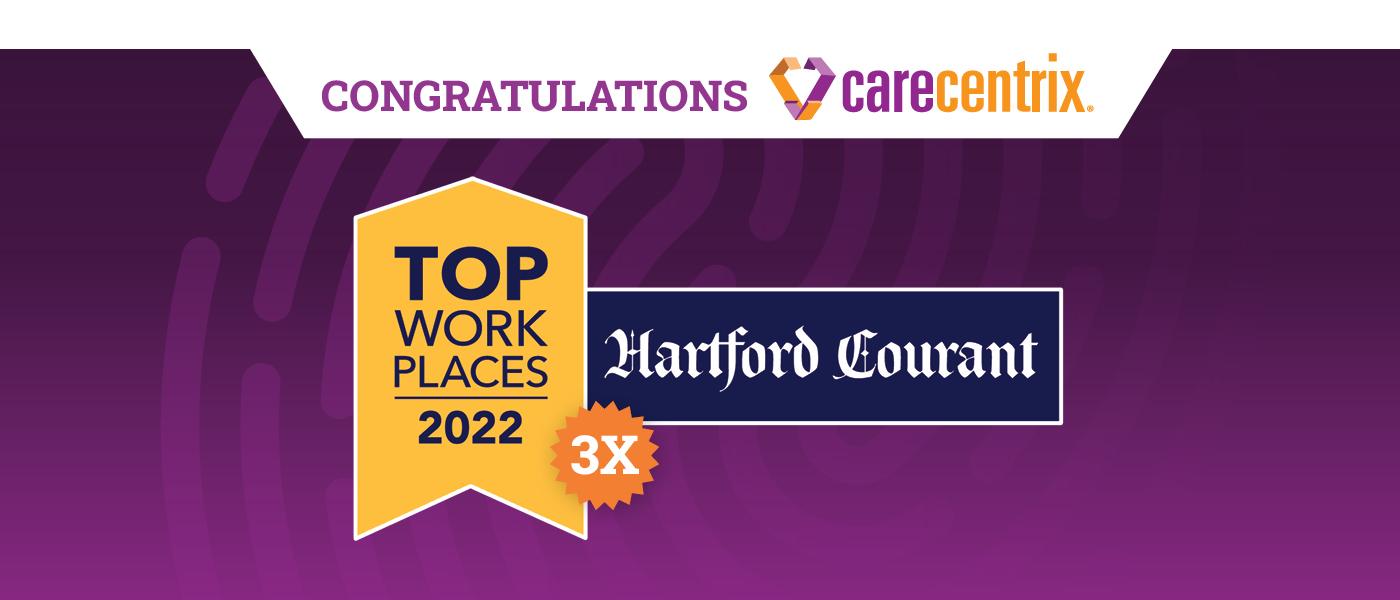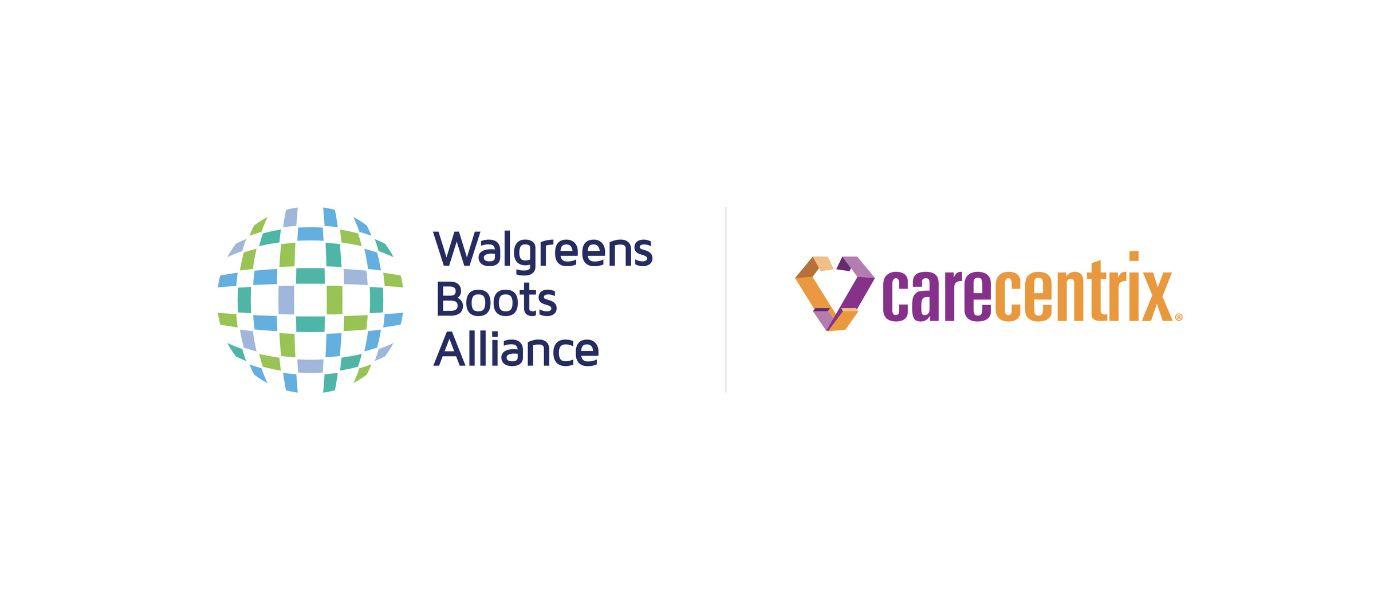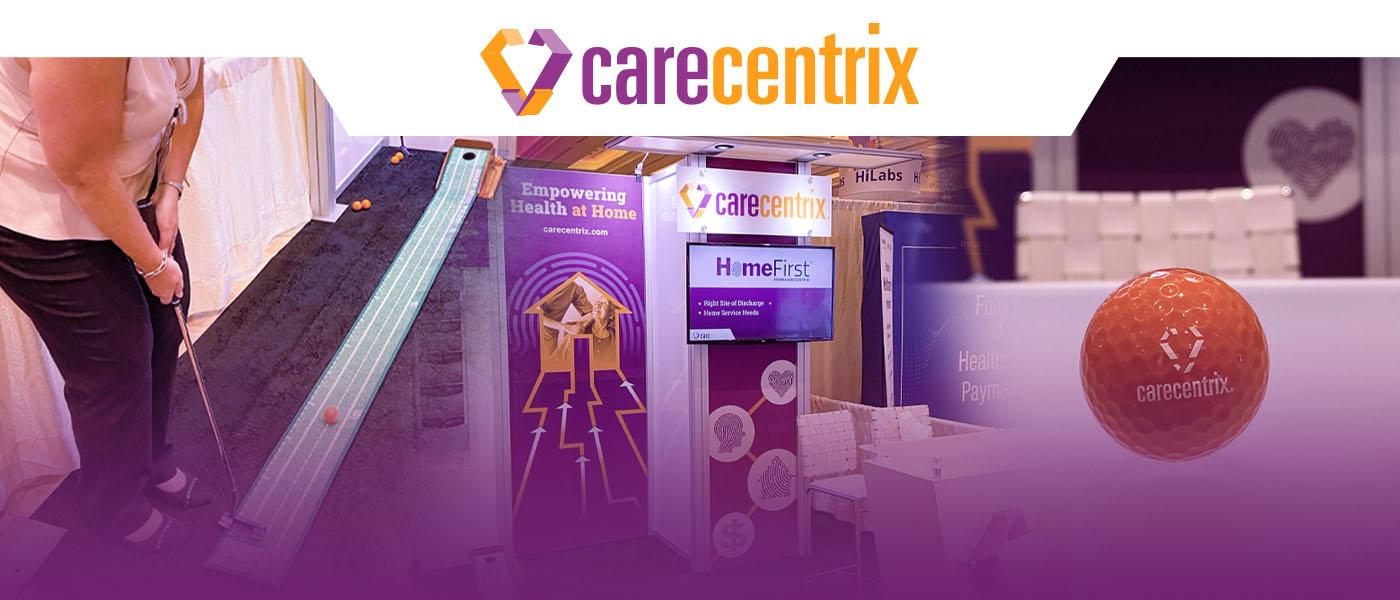Filter By
Search
Overcoming the Staffing Shortage Impact to Post Acute Care
As a result of economic downturns, aging, and chronic disease populations, and nurse attrition1, healthcare staffing shortages in…
CareCentrix Certified as a Great Place to Work®, Named America’s Best Midsize Employer by Forbes, and Earns 2023 Top Workplaces USA Award
CareCentrix, a leading independent home-centered care company, today announced its fourth consecutive annual Great Place to Work® certification,…
4 Healthcare Trends that MA Plans Should Know in 2023
This year will be one marked by significant change and challenges as Medicare Advantage (MA) plans grapple with…
Reducing Unnecessary Readmissions through Whole-Person Care
Returning home from the hospital after an acute event can be complicated, and reducing unnecessary hospital readmissions requires…
Delivering Care at the Community Level – A Common denominator at HLTH 2022
Each year, HLTH brings the entire healthcare industry together — connecting stakeholders to focus on pushing boundaries and…
The Future of Serious Illness Care: 3 Ways to Improve Your Strategy
With serious illness care being a highly uncoordinated part of healthcare, how can health plans use innovative strategies…
Walgreens Boots Alliance Accelerates Full Acquisition of CareCentrix
WBA achieves another key milestone in executing on its consumer-centric healthcare growth strategy CareCentrix CEO John Driscoll to…
Hartford Courant Names CareCentrix A Winner of the Hartford Top Workplace 2022 Award
CareCentrix, a leading independent home-centered care company today announced that it has earned a Hartford Courant Top Workplaces…
Forbes Recognizes CareCentrix as Top Employer in Connecticut, Top Employer for Women
CareCentrix, a leading independent home-centered care company today announced that it has been named one of Connecticut’s top…
Walgreens Boots Alliance Completes Majority Share Acquisition of CareCentrix
Partnership with CareCentrix extends care capabilities into the home to create a connected ecosystem for patients DEERFIELD, Ill.-…
AHIP 2022: Home Health Care Industry Trends
Recently, health plan executives from across the country, along with policymakers, providers, and others, gathered at the AHIP…
The Caregiving Crisis: How Health Plans Can Help
Over the course of my career caring for and developing programs for people with serious illness, I have…

